Atrial Fibrillation


Cardiovascular disease is a term that refers to a group of conditions that affect your heart and blood vessels. These issues can impact various parts of your heart or blood vessels, and not everyone experiences symptoms. Some people feel fine (asymptomatic), while others may show signs of the disease.

Symptoms and Complications of AFib
Common symptoms associated with AFib include:
- Shortness of breath
- Rapid heart rate, palpitations, or fluttering sensations
- Dizziness or lightheadedness
- Fatigue
AFib can also lead to various complications, such as:
- Blood clots: The irregular heartbeat can cause blood to stagnate, increasing the risk of clot formation in the left atrial appendage (LAA) of the heart.
- Stroke: If a blood clot dislodges from the LAA, it can travel to other parts of the body, potentially resulting in a stroke.
- Heart failure: Prolonged AFib can impair the heart’s efficiency over time, leading to heart failure.
Treatment Options for AFib
To manage AFib, several treatment options are available, including:
- Lifestyle changes: Adopting a heart-healthy diet and moderating alcohol and caffeine intake can be beneficial.
- Medications: Certain medications can help regulate heart rhythm and lower the risk of blood clots.
- Procedures: Interventions like cardioversion or cardiac ablation can be performed to restore a normal heart rhythm.
It’s important to explore different treatment possibilities, including the FARAPULSE™ PFA System and the WATCHMAN™ Left Atrial Appendage Closure Implant.


